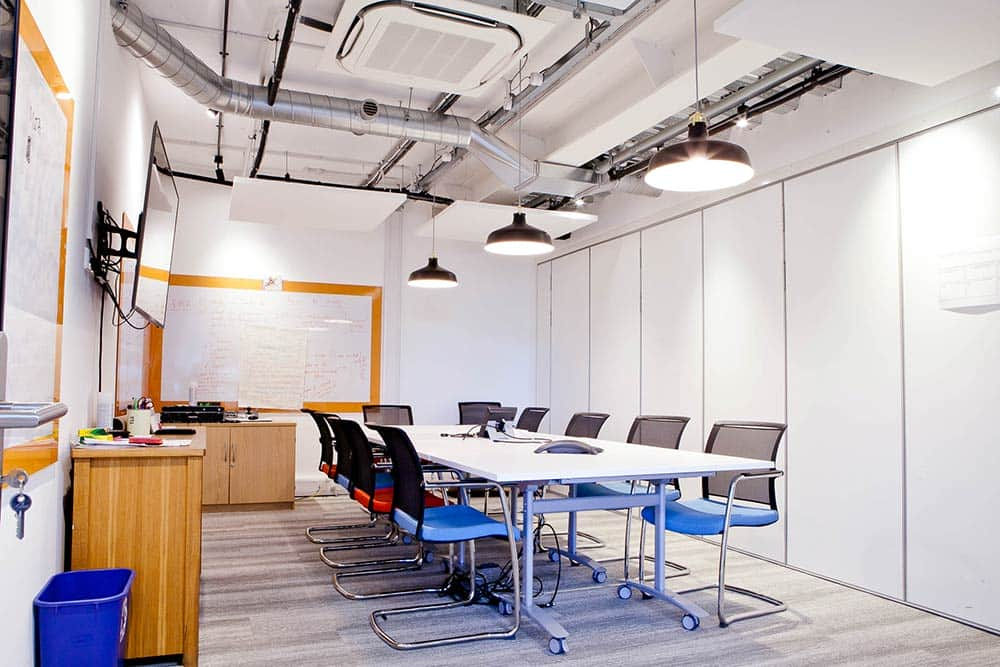With the cost of heating our homes continually on the rise and no signs of change in the new year, many people are increasingly turning to heat pumps as a suitable alternative. Their running costs are significantly lower than traditional heating methods such as gas boilers, and they produce no carbon emissions. If you are looking to cut heating costs in your home this winter, an air or ground source heat pump may be the right way to go. Find out how running costs could be a lot more favourable for your home.
How efficient are heat pumps
Heat pumps operate by taking heat from the outside air, which then pumps into your home in a highly efficient way. They can deliver multiple units of heat for each unit of electricity they use. For ever 1 kWh of electricity, you could get up to 3.5kWh of heat, which is an efficiency rate of 350%. Even the most efficient boilers on the market operate at an efficiency of around 90%, so you can expect your heat pump to be almost 4 times more efficient. You can expect to save around £187 per year on average if you were to replace your 90% efficient boiler with a 350% efficient heat pump. If you are on a variable tariff, you could be in line to make even larger savings. This is because you can program your heat pump to run at off-peak times, where you could save an additional 20% on electricity costs.
What affects heat pump running costs?
Numerous factors can affect the running costs of an air source or ground source heat pumps. These factors include:
Your home heating requirements
Heat pumps are generally designed to output temperatures of around 50 degrees. If you require higher temperatures than this in your home, the efficiency of your system will decrease and running costs will increase as well. This is because more electricity will be required to power your heat pump.
Temperature of heat source
Your heat pump running costs are largely dependent upon the temperature of the source of their heat. An average air source heat pump will run at COP (Coefficient of Performance) 3 when the outside temperature is above 7 degrees. With data suggesting that the average UK temperatures are below 7 degrees from November to March, running costs can increase slightly during this time.
How can you make your heat pump operate more efficiently?
There are multiple variables within your home that can affect how efficiently your heat pump will operate. These include:
-
Insulation
If your home is properly insulated, with elements such as double-glazed windows or loft insulation, this will mean the heat produced will be kept in your home for longer. Your heat pump will be able to heat your home even more efficiently.
-
Paired with other systems
If you install a heat pump in combination with other heating systems such as underfloor heating or low temperature radiators, these systems can work effectively together to heat your home. They still won’t require the same amount of energy as traditional heating systems.
-
Separate heat sources for hot water
Using other methods to provide hot water, such as solar thermal panels, can allow you to avoid using a boiler completely, making your home completely self-sufficient. You can even go off the gas grid. This is where you can expect to see maximum savings on your heating bills.
Heat pump running costs can be significantly less than boilers or other heating methods, so you can drastically reduce your heating bills this winter. If you want to arrange heat pump installation, our team at JP Air Conditioning can help. We are fully trained experts who can ensure your new system is set up correctly. To get booked in, call 0208 333 1191 or email info@jpaircon.com to speak to a member of our team.



